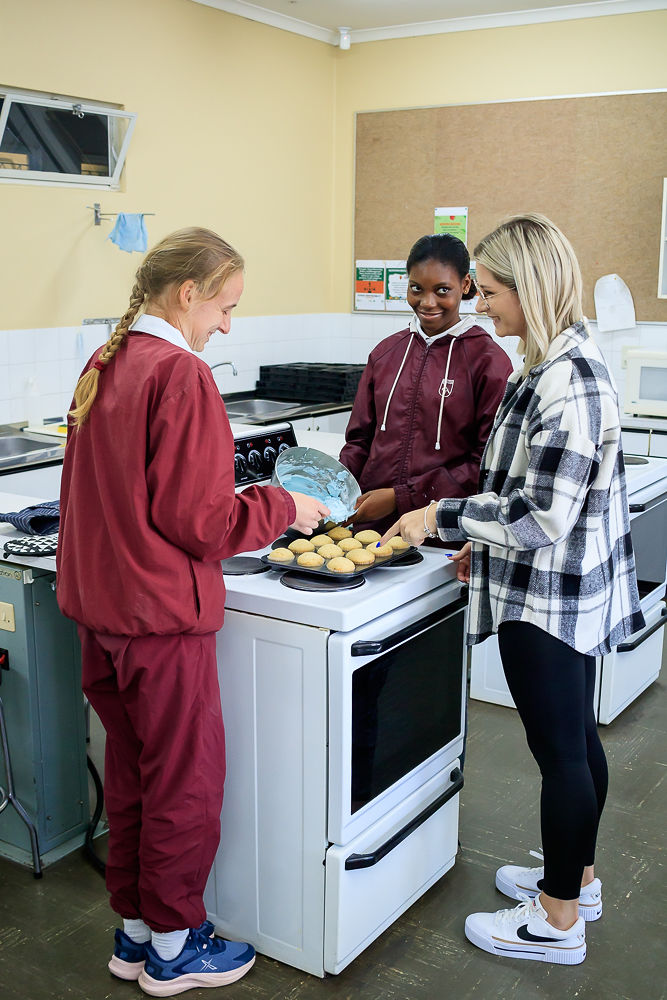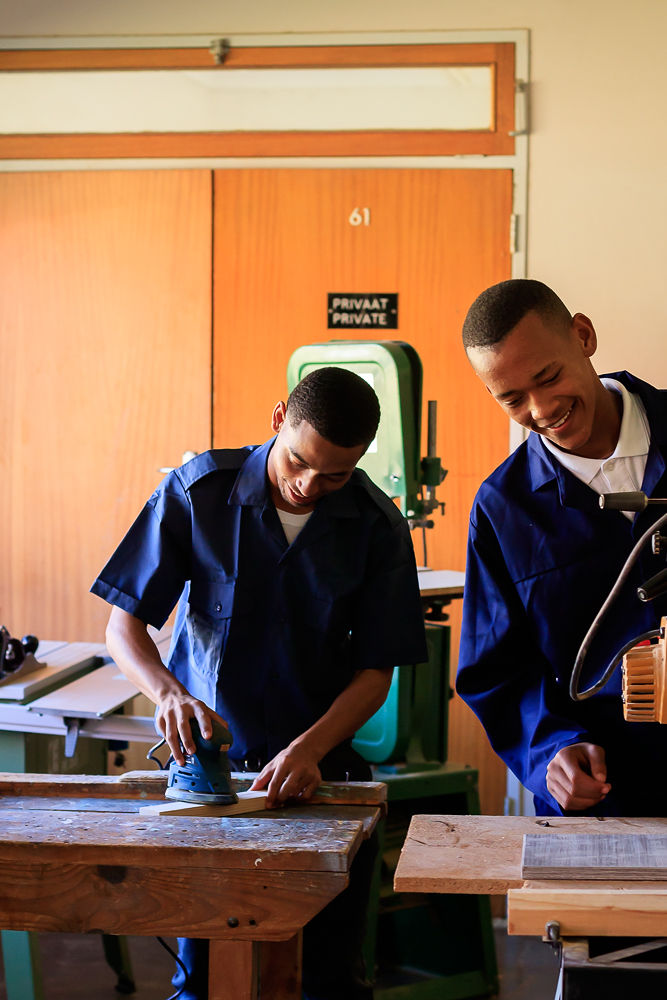🎓 Occupational Phase Information
Welcome to the Occupational Phase of your child’s learning journey!
At this stage, we focus on preparing learners for life beyond school, helping them to build the practical, social, and work-related skills they need to live as independently and confidently as possible. We follow an adapted DCAPS curriculum, specifically designed to support individual development and real-world readiness.
🎯 What is our aim?
Our primary aim in the Occupational Phase is to equip learners with the skills needed for independent living and potential employment opportunities. We focus on functional learning that will help your child manage daily tasks, interact appropriately in social and workplace settings and take on responsibilities confidently.
🧠 Key Focus Areas
Gaining independence in preparing basic meals and handling daily routines
Learning to recycle and use repurposed materials to create handmade items that could generate income
Taking responsibility for maintaining a job and contributing in a work setting
Developing a strong work ethic and respect for others in professional environments
Practising appropriate social behaviour and etiquette in different situations

A Day in the Occupational Phase
Most of the school day in the Occupational Phase is dedicated to practical skill-building. Learners rotate through a variety of structured activities that reflect real-world work and life situations.
These include:
• Hairdressing and personal care skills in the school salon
• Manicures and pedicures at the beauty centre
• Cooking and baking in the school kitchen
• Computer and administrative work
• Work experience at both internal roles (such as class assistants) and external placements
• Outdoor responsibilities like car washing, window cleaning and gardening
• Recycling, paving, carpentry and basic woodwork
• Physical activities such as netball, soccer, athletics, swimming and using the school gym
These activities are designed not only to develop technical skills but also to encourage teamwork, time management and self-reliance.

🏠 Homework Approach
No formal homework is assigned in the Occupational Phase. However, learners are encouraged to practise the skills they are developing at school in their home environment. This includes activities such as making tea, coffee or sandwiches, helping with recycling, assisting with car washing, doing basic gardening, knitting or even helping to wash and dry hair.
Practising these activities regularly at home helps reinforce the learning that takes place at school and builds confidence through repetition and real-life experience.
Each learner follows an individualised support programme, which means they progress at their own pace based on their abilities, interests and learning needs. As always, promotion is based on age, not academic achievement and no formal examinations are written.

🤝 Working Together
We deeply appreciate your role in supporting your child’s independence. By encouraging your child to apply what they learn at home and in the community, you help them take meaningful steps toward adult life. You are also encouraged to seek out holiday job opportunities with local businesses such as bakeries, crèches, supermarkets and laundries to give your child valuable work experience.
It is important that parents continue to instill moral values, discipline and ethics at home, as these are essential to both personal growth and future success. Learners must also consistently follow the school’s code of conduct, which prepares them for functioning respectfully and responsibly in society.
Should you have any questions or need assistance, please feel free to contact your child’s teacher or the school.
© 2026 All Rights Reserved.
